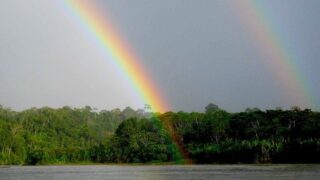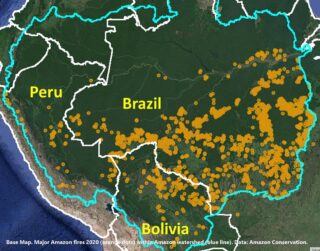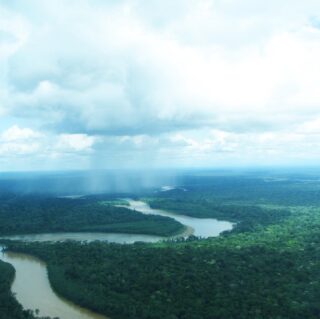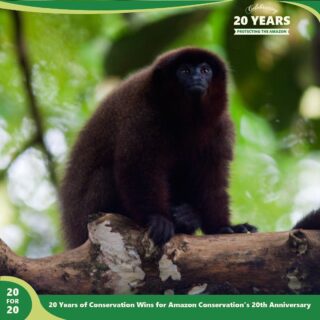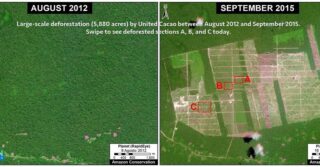New UN report shows that protecting and restoring forests and wetlands is a key climate change mitigation strategy
August 8, 2019
The Intergovernmental Panel on Climate Change (IPCC), the United Nations body for assessing the science related to climate change, has released a new report on the intersection of climate change and land use.
The report analyzed over 7,000 scientific publications on the topics of land-climate interactions, including land degradation, desertification, and food security. It found that changes in land conditions, either from land-use or climate change, affect global and regional climate, and at the regional scale, these negative conditions can reduce or accentuate warming and affect the intensity, frequency, and duration of extreme climate events.
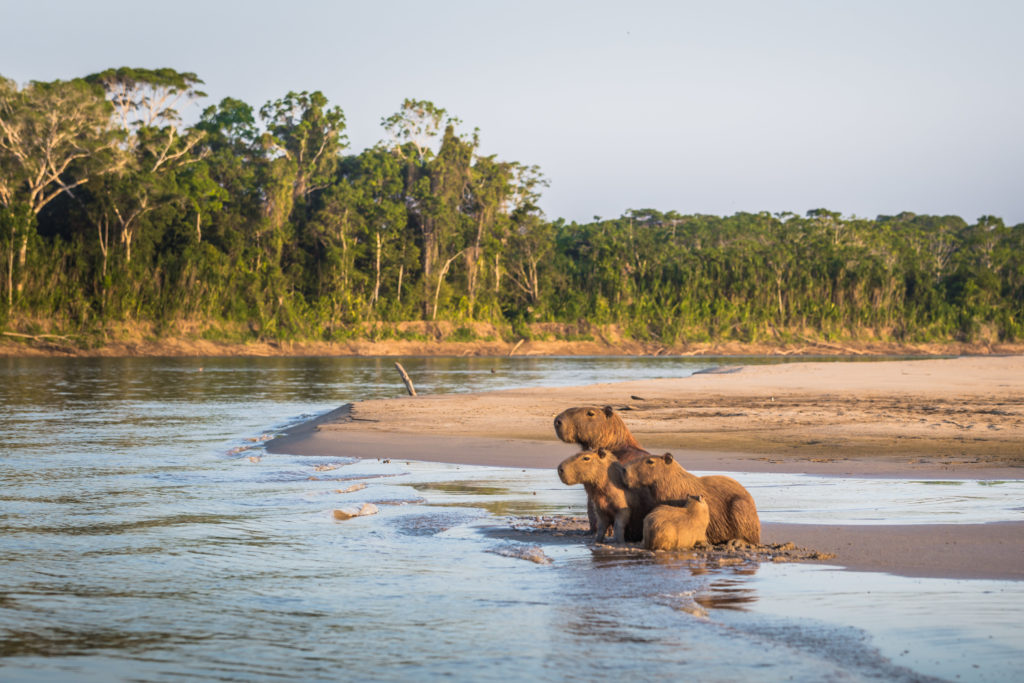
The report also found that in order to keep warming to 1.5ºC or well below 2°C as recommended by the Paris Agreement, major changes in how we use land need to take place. Sustainable land management, including sustainable forest use, can prevent and reduce land degradation, maintain land productivity, and sometimes reverse the adverse impacts of climate change on nature and people.
IPCC concluded that one of the central strategies to mitigate climate change is to protect the forests and wetlands that are still standing and to restore as much of the currently degraded land as possible. This is the type of conservation action we are taking in the headwaters of the Amazon – one of the last wild places left on Earth. By creating new conservation areas, empowering forest users and farmers to use land and natural resources sustainably, and reforesting degraded land, we help mitigate the effects of climate change on all of us.
Read the IPCC full press release here.

